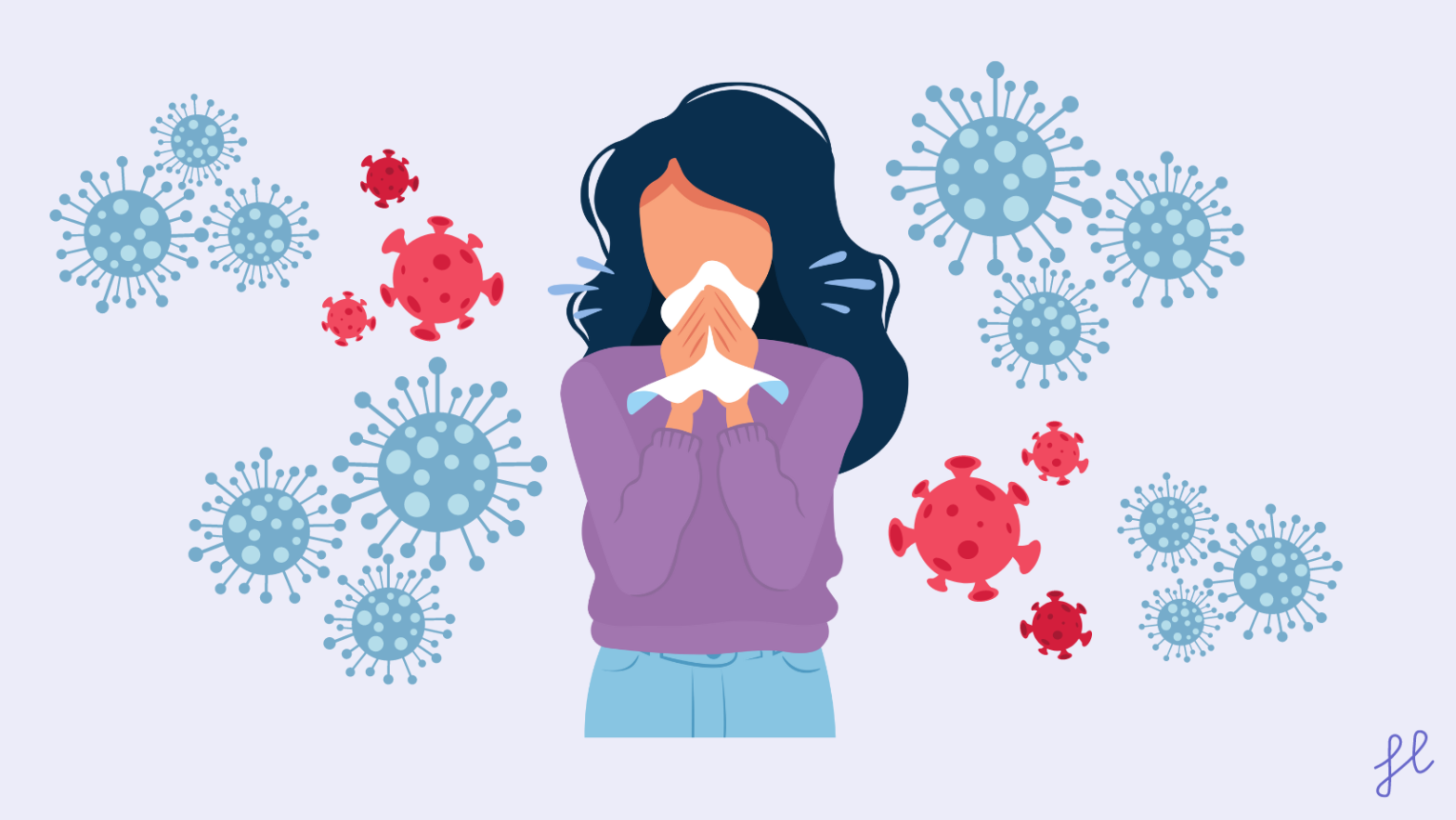Have you been infected with COVID-19 more than once? Do you know someone who does?
If yes, then this article is for you.
It’s simple to think about COVID-19 infection at this pandemic stage as being more like the flu than a serious illness. However, more recent Omicron forms of SARS-CoV-2 result in less serious symptoms than the original strain. COVID-19 is still not a typical illness—especially if you have caught the virus more than once.
How so? Researchers claim that certain COVID-19 health risks in significant organ systems may be suffering due to COVID-19 reinfections, according to a study published in Nature Medicine.
The Long Term And Short Term Effects
According to the study’s senior author and clinical epidemiologist at Washington University School of Medicine in St. Louis, Dr. Ziyad Al-Aly, the COVID-19 health risk pertains to both immediate and long-term health implications.
In his own words, he said, “Reinfection with COVID-19 increases the risk of both acute outcomes and long COVID infection,’’ Further into the statement, he stated that this result is documented in all boosted, vaccinated, and unvaccinated people.
When compared to those who had COVID-19 infection once, multiple reinfected patients had a nearly doubled probability of dying and a greater than tripled risk of hospitalization. They were also more likely to develop problems with their lungs, blood, heart, kidneys, mental health, diabetes, bones and muscles, and neurological problems.
So, What’s The Proof?
The researchers, along with Dr. Ziyad Al-Aly, examined 5.3 million medical files and records from the United States Department of Veterans Affairs that included people who did not screen positive for SARS-CoV-2 from March 2020 to April 2022 and compared their overall health status to 443,000 people who were positive once during that period—then another 41,000 who tested positive twice or more times during that period.
Most of the group who were infected more than once had the virus twice or thrice, with only a small number having experienced it four times. They looked at negative health results, such as hospitalizations and deaths, in these groups’ health records for six months.
People with multiple COVID-19 infections were triple times more likely to be admitted to the hospital and two times as likely to die than those who had just one infection.
Those who had numerous infections were also more susceptible to other dangerous circumstances; they were 3.5 times more likely to experience lung problems, 3 times more likely to experience cardiac problems, and 1.6 times more likely to develop brain changes that required medical attention than those who had only had COVID-19 once.
The findings back up other studies that have documented the effects of COVID-19 on the body. Recently, scientists reported in several conferences at the Society for Neuroscience’s annual meeting in November that the inflammation characterized by COVID-19 can have long-term effects on the brain.
Another research at the same conference found that adults with slight COVID-19 symptoms had changed their brains four months after acquiring the infection.
Bottom Line
As more research progresses about COVID-19 infection and the COVID-19 health risk, there is still much to learn. Still, if there is one sure thing, it is that staying healthy and going a step ahead in protecting yourself and your family is an excellent way to avoid the risks of the virus altogether.
What do you think about this new finding? Share it below!
Let us stay connected in our social media accounts for more healthcare discourse. Follow us on LinkedIn, Instagram, Twitter, Pinterest, Tiktok, and Facebook now!
